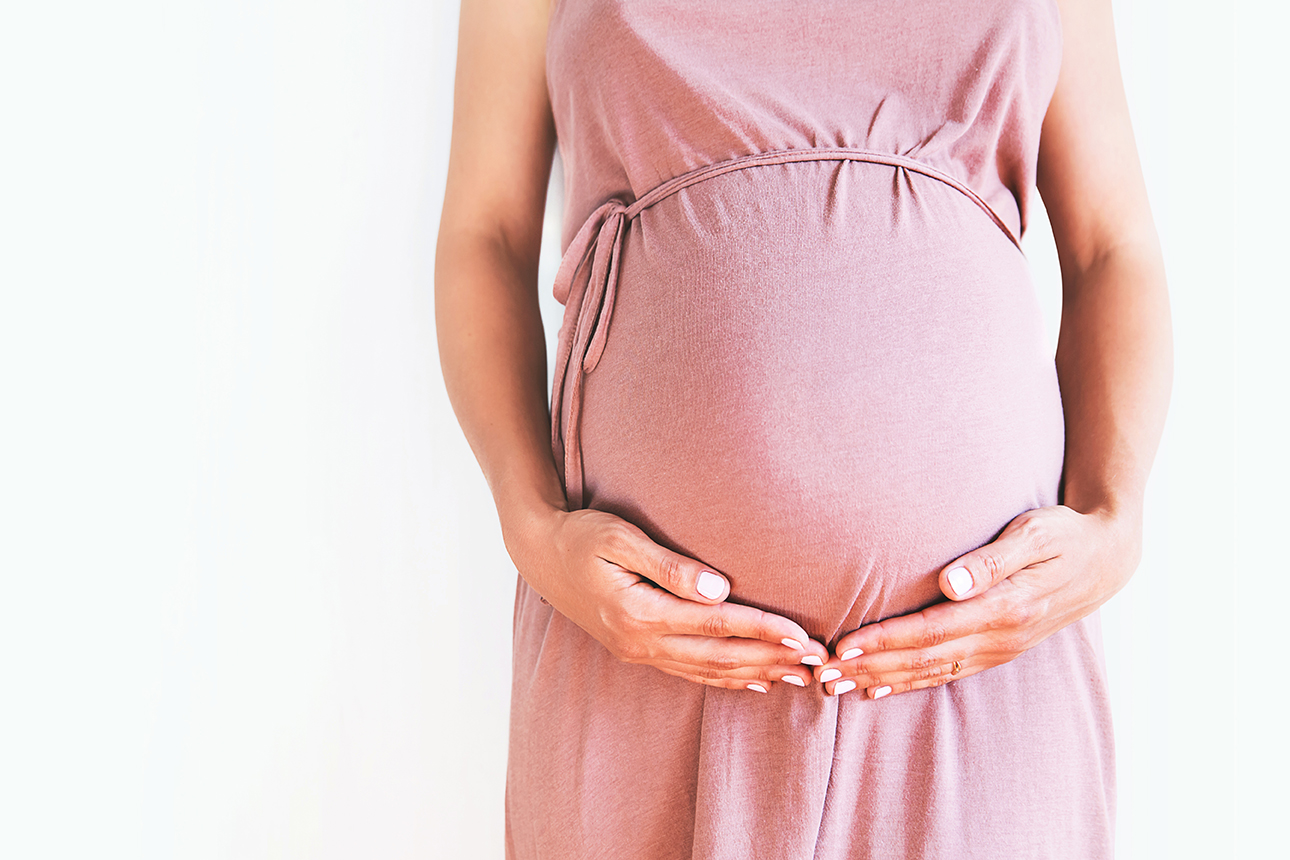It has become a norm for doctors to prescribe a thyroid function test before women plan to conceive, or just after testing positive for pregnancy. However, many women who have hypothyroidism have to take special care during pregnancy. They might have to consult an endocrinologist frequently even after delivery.
Pregnancy & Thyroid Levels
Women in pregnancy experience changes in their body. This happens with thyroid glands too. Levels of TSH, T3, and T4 tend to be quite different from non-pregnant women.
In fact, the size of the thyroid gland itself increases by 10% during pregnancy. Moreover, production of T3 and T4 is increased by 50%. This is because the fetus has to depend upon mother’s thyroid hormone to grow. However, thyroid hormones of the fetus also start to kick in at around 20 weeks of gestation.
Note: Pregnant women have to produce extra thyroid hormones in order to supply to the fetus by consuming a diet rich in iodine.
It is for this reason, pregnant women are advised to get a thyroid profile test in the first, second, and the third trimester.
Women have lower TSH levels during pregnancy. Recommended TSH levels are 0.1 to 2.5 in first trimester, 0.2 to 3.0 in second trimester, and 0.3 to 3.0 in third trimester.
Having a TSH level of more than 2.5 in any trimester demands a T4 level test in order to evaluate subclinical hypothyroidism. If the T4 levels are normal, but the TSH levels are high, then endocrinologists diagnose it as subclinical hypothyroidism and prescribe thyroid antibody tests.
In another case, TSH levels are high and T4 levels are low, it is also diagnosed as overt hypothyroidism. This condition demands treatment. In any case, women with a TSH level of 10 or more need therapy irrespective of the T4 level.
It is important for pregnant women with overt or subclinical hypothyroidism to start on hypothyroidism therapy as this can affect the fetus in many ways. It can lead to:
- Miscarriage
- Low birth weight
- Premature birth
- Impaired neurocognitive development in infants (Low IQ)
Note: Women with hypothyroidism trying to conceive should aim for a TSH level less than 2.5
Hypothyroidism in pregnancy
It has become normal for women to have thyroid problems during pregnancy. However, having hypothyroidism in pregnancy is associated with numerous complications both to fetus and mother. Complications are more in women with autoimmune thyroid disease and chances of thyroid problems after delivery are higher in this case.
That is why there is need for prompt diagnosis of both subclinical hypothyroidism and overt hypothyroidism. It needs to be managed with the help of endocrinologists and obstetricians.
As such women with hypothyroidism have difficulty in conceiving. Even if they conceive, the chances of complications to the mother are:
- Miscarriage
- Gestational Hypertension
- Anemia
- Postpartum hemorrhage
The complications of hypothyroidism in pregnancy to the fetus are:
- Respiratory distress to the fetus
- Preterm birth
- Lower IQ levels after birth
It is important to optimally treat hypothyroidism in pregnancy in order to avoid complications. However, a major challenge for pregnant women is that overt and subclinical hypothyroidism are asymptomatic.
Many fail to notice cold intolerance, weight gain, dry skin, fatigue, and constipation. These are classic symptoms of hypothyroidism in pregnancy. For this reason, it is advised to get frequent thyroid profile tests during pregnancy.
Hypothyroidism treatment in pregnancy
Hypothyroidism treatment for pregnant women is restricted to oral L-thyroxine therapy with the use of levothyroxine. Also, treatment varies according to the stage of pregnancy, and the underlying cause for hypothyroidism.
Hypothyroidism treatment as per condition
Autoimmune thyroid disease
Women who have tested positive for thyroid antibodies, have high maternal age, and have normal Free T4 and TSH levels are put on a low dose of LT4 (a variant of levothyroxine). Every month these women have to consult an endocrinologist in order to reevaluate the levels of TSH and T4 for dosage adjustment.
These women have to continue medication throughout their pregnancy and even postpartum in order to reduce the risk of postpartum thyroiditis.
Women with Higher TSH level
In this case, women with higher TSH level as per the trimester and having normal or low T4 have to go for a LT4 replacement therapy. They have to consult an endocrinologist every month for measuring Free T4, TSH levels and adjust the dosage. Postpartum, they have to taper down the dosage and get evaluated for postpartum thyroiditis.
Finally, women with hypothyroidism in pregnancy should include more iron and iodine-rich foods in their diet. The consumption of iodine should be increased to 250 µg per day.












